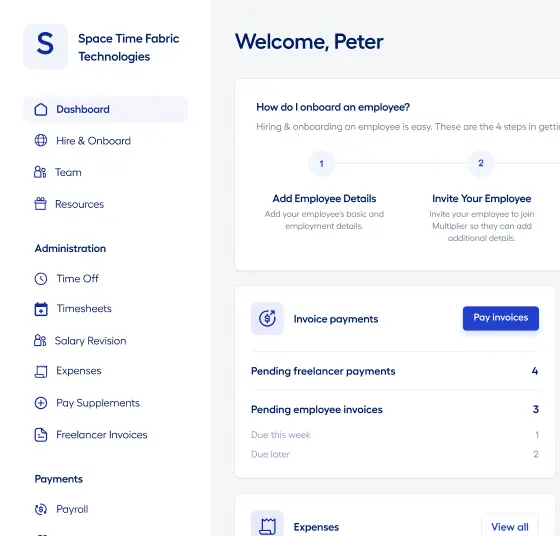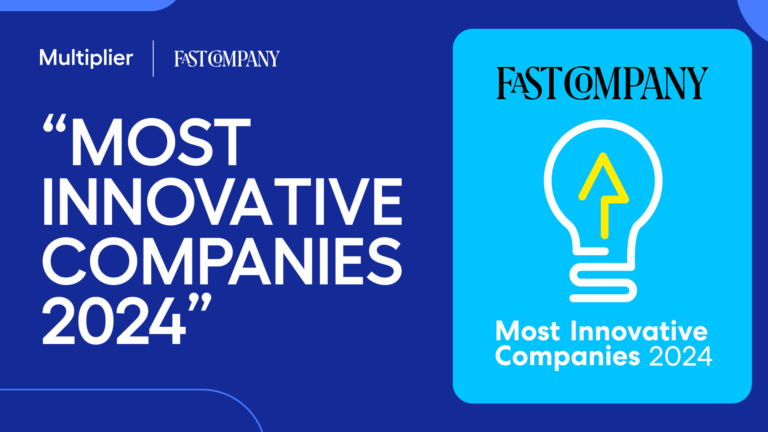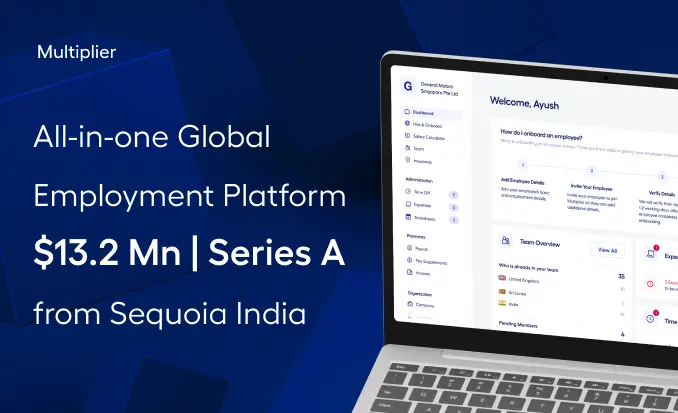The Philippines, an archipelago in Southeast Asia, is a country known for its vibrant culture, warm hospitality, and breathtaking natural wonders. But perhaps the Philippines’ greatest resource is its people.
With a population of more than 100 million, the Philippines is a dynamic melting pot of cultures and traditions. Influences from the native Austronesian people, Spanish colonizers, and various Asian neighbors have shaped the country’s cultural landscape.
Partly as a result of this, the country is well-known for producing highly skilled professionals in areas such as nursing, information technology, entertainment, and design. English proficiency is also a highlight, making Filipinos a preferred choice in global business process outsourcing.
In terms of work culture, the Philippines follows a Monday to Friday working week, similar to many other countries. Many Filipinos are known for their strong work ethic and resilience, summed up by the Filipino concept of “bayanihan” or communal effort to achieve a common goal. All of which adds up to an ideal place to hire from.
The benefits of doing business in the Philippines
Still not convinced about hiring in the Philippines? Let’s look at some more concrete statistics. As we mentioned, the Philippines is renowned for its outsourcing services, providing global companies with skilled professionals in various fields. Indeed, the market is growing fast, with an annual growth rate north of 8%. If you want to get in on that opportunity, look no further than our competitive global employment platform, which features country-specific pricing so you can be sure to get the best deal whether you’re hiring in the Philippines or beyond!
You may also be interested to know that the Philippines recently achieved an increase in full, permanent employment–with underemployment rates dropping from 11.7% to 10.7% in late 2023. At the same time, however, unemployment rose slightly–suggesting a recalibration of Filipino workers into more full-time positions. At Multiplier, we like to think we’re helping to further that trend with our easy-to-use platform, which makes contract generation possible in under five minutes (seriously, we’ve timed it).
Other nuances for businesses to note when hiring in the Philippines include the construction of attractive compensation packages. It’s crucial to get this right as offering the right employee benefits enhances retention, job satisfaction, and facilitates the attraction of top-notch Filipino talent.
Read more about benefits and compensation in the Philippines here!

We’ve still only scratched the surface of reasons to hire in the Philippines. Here are three takeaways you need to understand about the Filipino workforce.
- Community-Driven Culture: The Filipino workforce is deeply rooted in values like community, family, and hard work. Filipino values like ‘pakikisama’ (an appreciation of togetherness) can greatly encourage teamwork and enhance workplace dynamics, leading to a more harmonious and productive work environment.
- Young and Talented Workforce: The Philippines boasts a diverse and talented workforce, making it an attractive location for businesses looking to tap into a rich talent pool. Even more importantly, according to the World Bank, the country’s labor force has grown significantly in recent years, and possesses a median age of just 25.6 years old.
- English Proficiency: Many Filipinos are highly proficient in the English language, with the country earning a ‘high proficiency’ rating in the 2023 English Proficiency Index of the EF Education First. That places them 20th overall and second among 23 Asian nations.
How does that sound? We know this is a lot of information to take into consideration. That’s why at Multiplier we pride ourselves on offering dedicated, 24/5 support tailored to specific countries–so you can sit back and relax in the knowledge that the professionals have things under control.
Now you’re speaking their language
OK, picture this scenario: you’ve hired and onboarded talent from the Philippines, and now you’re wondering what makes them tick. Consider these tips for effective communication with your Filipino colleagues, starting with the stuff that helps no matter where they’re based:
- Clear Communication: Clearly communicate job expectations, company culture, and goals to ensure alignment. Regular check-ins and feedback sessions can help keep everyone on the same page.
- Leverage Technology: Use technology to facilitate collaboration and communication. Tools like Slack, Microsoft Teams, or Trello can help manage projects effectively.
- Integration: Make efforts to integrate remote workers into the company culture. Virtual team-building activities or occasional in-person meetings (if possible) can foster a sense of belonging.
- Legal Compliance: Ensure all employment contracts and practices comply with Philippines labor laws, even when hiring remotely. Luckily, with Multiplier, our easy-to-use platform ensures compliance is guaranteed, with automatic contract generation that dots the Is and crosses the Ts.
But making a new hire feel welcome is also about connecting on a human level and finding out what makes them tick. Sports are always a good avenue of conversation, and it’s basketball that’s at the heart of Filipino society, being both the most played and most watched activity. If they’re not fond of slam dunks, many Filipinos also have a fondness for martial arts. For instance, the national sport of the Philippines is Arnis, a weapon-based martial art that has deep roots in Filipino culture.
Speaking of culture, the country’s unique blend of indigenous, Spanish, American, and Asian influences is evident in its traditions, language, and celebrations. It might pay off to ask your Filipino hire about the ‘barrio fiestas‘ celebrating patron saints that are again reflective of the many traditions at play in Filipino society.
Speaking the truth
If you really want to impress your new hire, you could try picking up some Filipino terminology. With English being one of the official languages in the Philippines, many Filipinos are bilingual and can switch smoothly between English and Filipino in both casual and professional settings–but that doesn’t mean you shouldn’t make an effort.
Instead of a direct translation for “hello,” Filipinos often greet each other with “How are you?” or “Kumusta ka?” in Tagalog. There are numerous choices for farewells, with Filipinos using “paalam,” which directly translates to “goodbye” as well as “hanggang sa muling pagkikita,” translating to “until we meet again”.
Seeing as we’re a global employment platform, we have to mention some work terminology as well. A commonly used phrase is “magandang trabaho,” which means “good job”–we’re sure you’ll be using that one a lot! When faced with an impossible deadline, however, Filipinos might say “hindi kakayanin,” which translates to “It can’t be done.”
Lastly, as the Philippines is a major player in the global tech industry, knowing some tech-related terminology can come in handy. “Tulad ng nabanggit sa aking nakaraang email” is how a Filipino would say “as mentioned in my previous email,” for instance. Then there’s “Mensahe mo ako sa Slack“, which means “message me on Slack”, and “Magkita tayo sa Zoom” for “let’s meet on Zoom.” Sorted!
Did you know?
Now that we’ve got the serious business out of the way, let’s have a quick look at some Philippines fun facts.
The country’s name comes from Philip II, who was the king of Spain during the 16th century when the Philippines became a Spanish colony. The archipelago itself was discovered by Portuguese explorer Ferdinand Magellan in 1521, marking the start of Spanish rule that lasted for over three centuries until 1898. The US then took control until the Philippines gained full independence in 1946.
One of the country’s most popular figures is Manny Pacquiao, a professional boxer known globally for his prowess in the ring. After hanging up his gloves, he moved into politics, coming third in the 2022 presidential election.
And no mention of the Philippines is complete without discussing the food, which offers a unique blend of flavors influenced by Malay, Chinese, Spanish, and American culinary traditions. The country’s national dish, Adobo, is a savory stew usually made with chicken or pork marinated in vinegar, soy sauce, garlic, and spices. Another popular dish is Lechon, a whole roasted pig often served at special occasions. We’re getting hungry just imagining it.
Hungry for more Philippines info?
We’ve got you covered! So far we’ve talked about the big picture, but our talent wiki page contains all the nitty gritty information you need to make your Philippines hiring plans an astronomical success. Click the link for details on statutory leave, public holidays, talent sourcing locations, and much, much more!
Taxes:
- Employers must contribute PHP 45,900, consisting of PHP 20,400 + PHP 5,100 for PF, for Social Security System (SSS), PHP 1,200 for Home Development Mutual Fund (HDMF), and PHP 19,200 for Philippine Health Corporation (PHIC)
Employee benefits:
- Social Security (SSS)
- Medical (PhilHealth)
- Housing benefits (PAG-IBIG)
- Provident Fund
Visa requirements:
- If you’re looking to work as an expat in the Philippines, there are two primary relevant visas you can acquire, the 9(g) Pre-Arranged Employee Commercial Visa or the Special Non-Immigrant Visa (47(A)(2)). These visas depend on the nature of your contract or dealing with the company.

Make international employment possible with Multiplier
And that’s the lowdown on hiring in the Philippines. Now you’ve heard the benefits, make your dreams a reality with Multiplier. We’re here to help businesses boost their productivity with exceptional global talent, whether from the Philippines or anywhere else!
Our presence in over 100 countries worldwide showcases the breadth of expertise we possess. Multiplier is a one-stop solution for all your global hiring needs, so why not talk to our experts and book a demo today?







